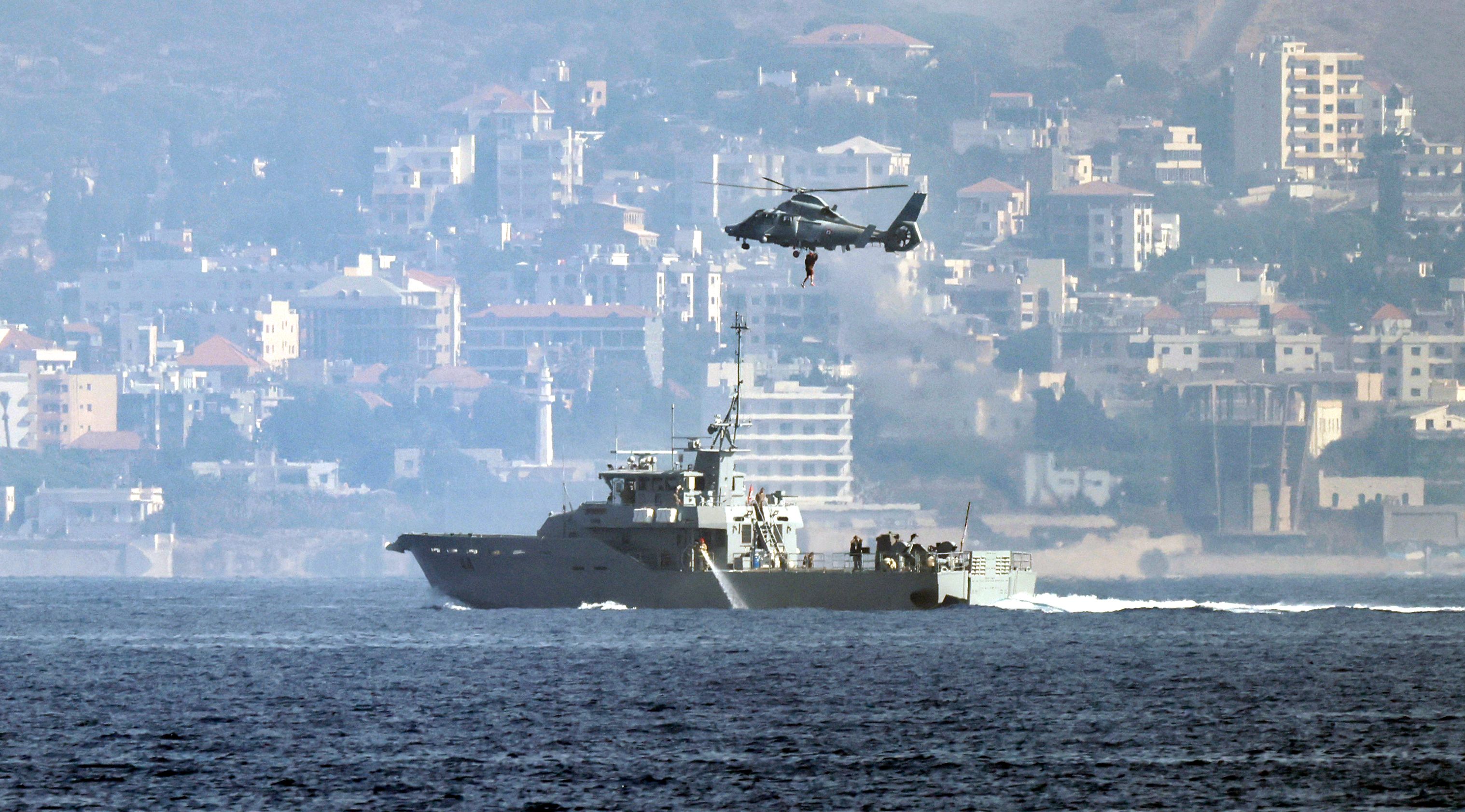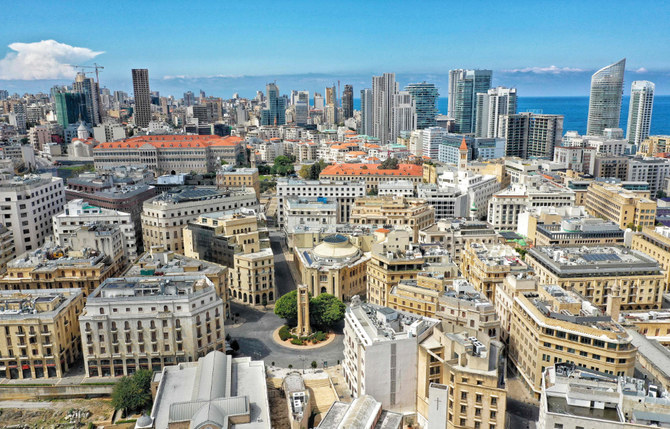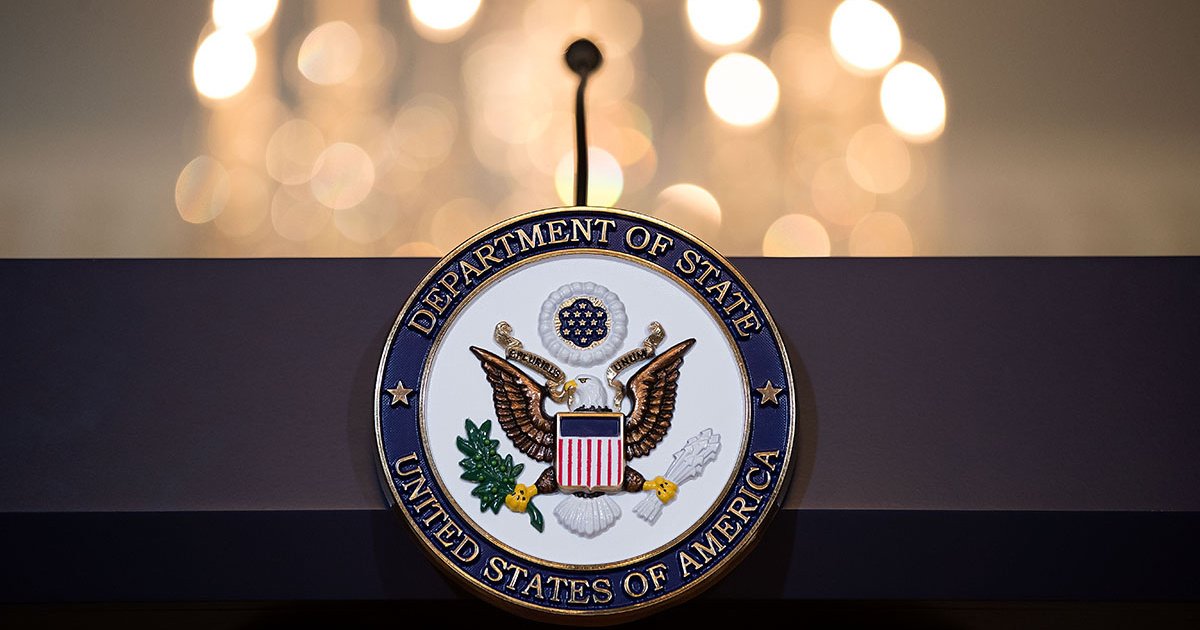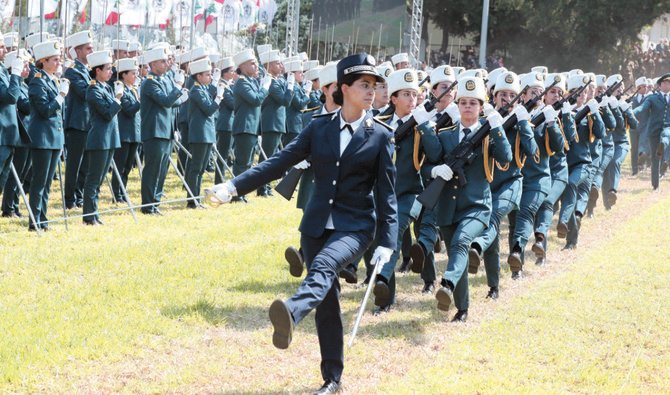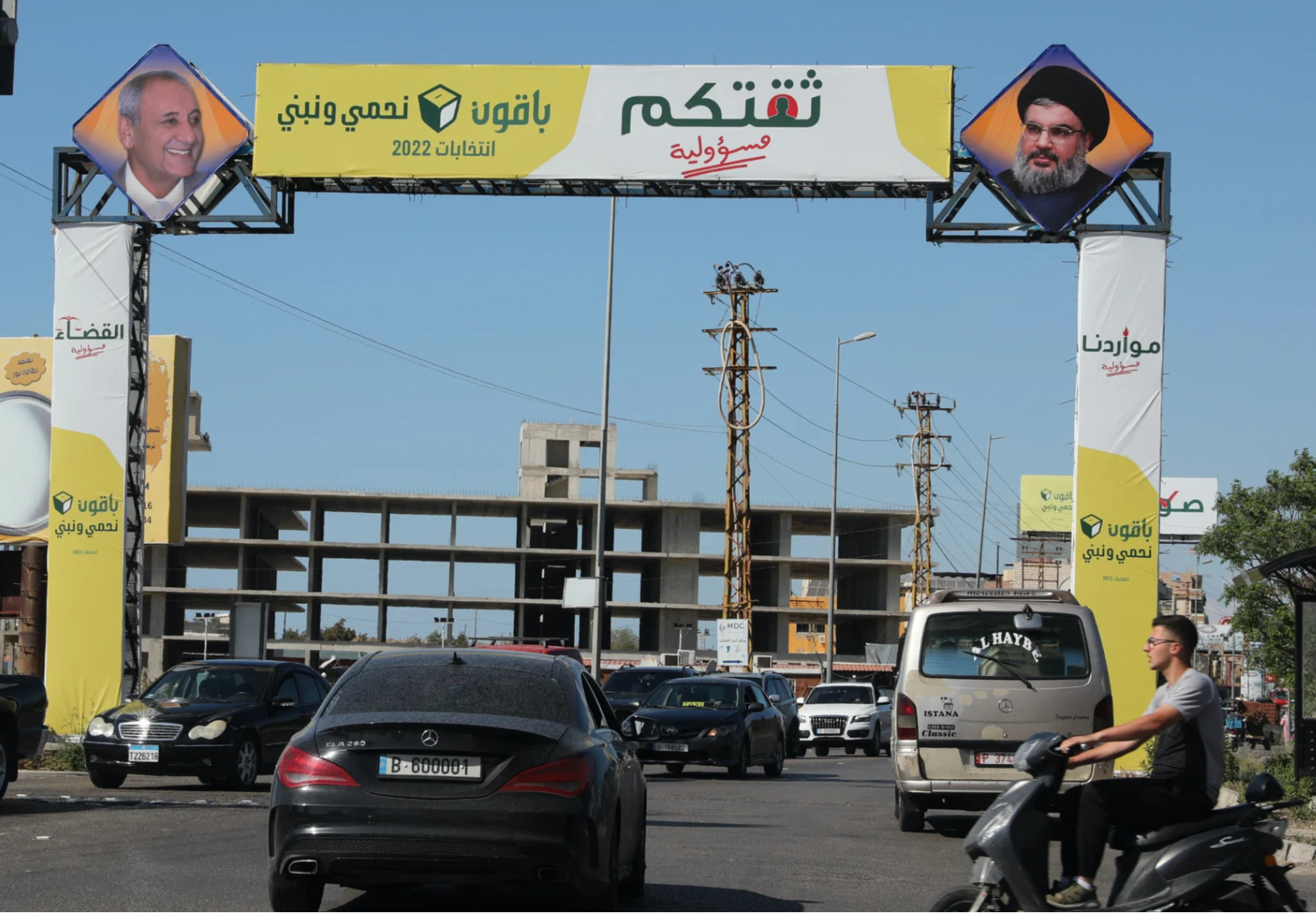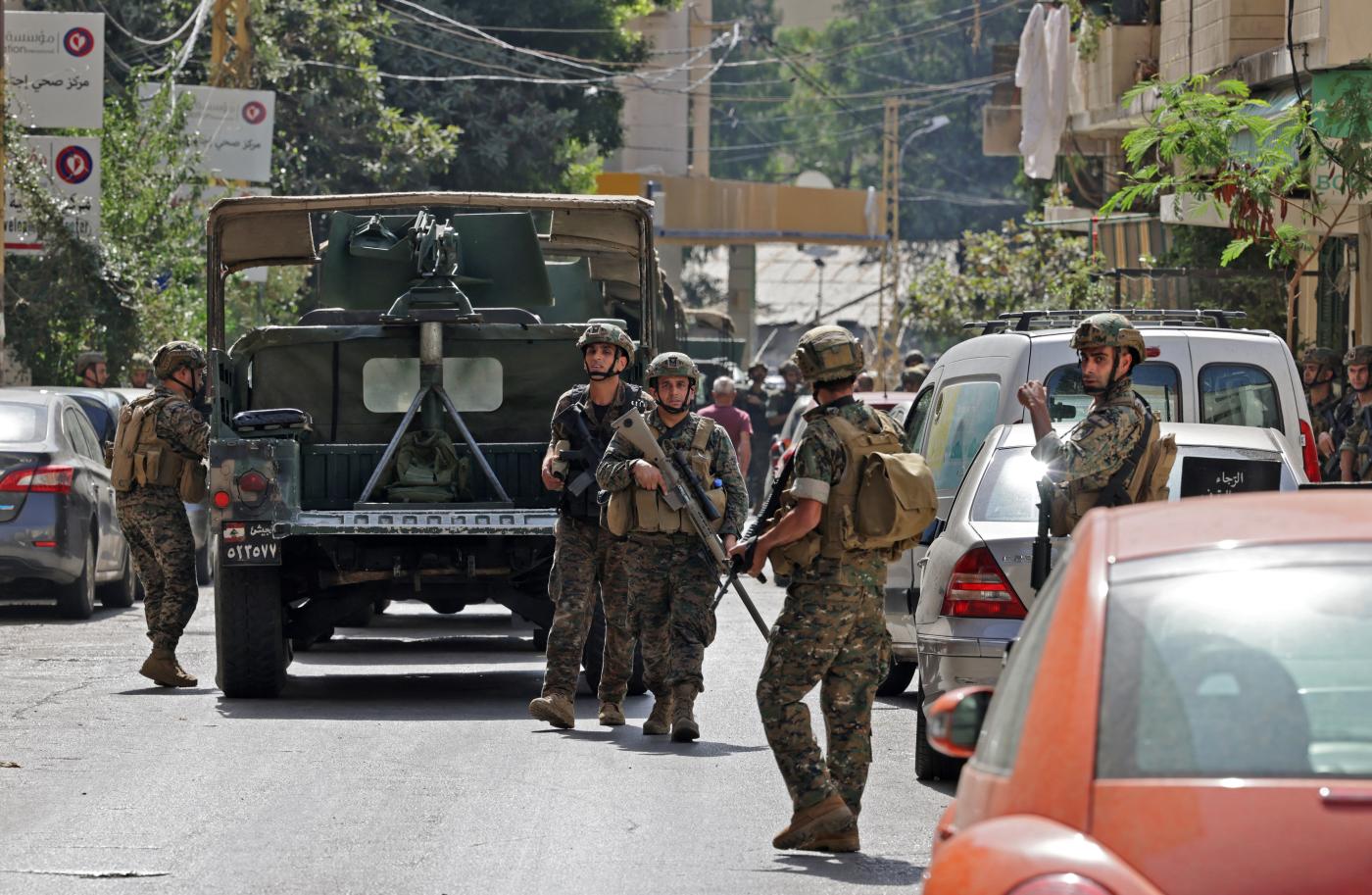
by by theguardian.com — Donald Trump has tweeted for the first time since 2021, posting the mugshot from his booking at Fulton county jail in Georgia on charges of election interference earlier on Thursday. The former president returned to the social media site, now known as X, with a post linking to his website and featuring the words “Election interference! Never surrender!” following his surrender at Fulton County jail on racketeering and conspiracy charges over his efforts to overturn the 2020 election results in Georgia. Trump has previously said he would stick with his new platform Truth Social. He reportedly signed an 18-month exclusivity agreement to post on Truth Social when it launched, which expired in late June.
Trump’s jail spectacle is historic, but it won’t harm him politically It has been Trump’s main source of direct communication with his followers since he began posting on the app regularly in May. The former president has used it to promote his allies, criticise his opponents and defend his reputation amid legal scrutiny from state, congressional and federal investigators. Trump had 6.4m followers on Truth Social as of Thursday. He still has more than 88m Twitter followers despite being banned from the platform following the 6 January 2021 attack on Congress by his supporters, amid the risk of further incitement of violence. On 19 November the San Francisco-based app reversed the ban under billionaire Elon Musk, the self-proclaimed “free speech absolutist” who bought Twitter last year. Musk restored the former president’s account after running a poll that received more than 15m votes and just narrowly won at nearly 52%. Despite the account being restored, Trump did not tweet until Thursday. He has previously used Twitter and other social media platforms to make false claims that his defeat in the 2020 election was due to widespread voter fraud and to share other conspiracy theories.
